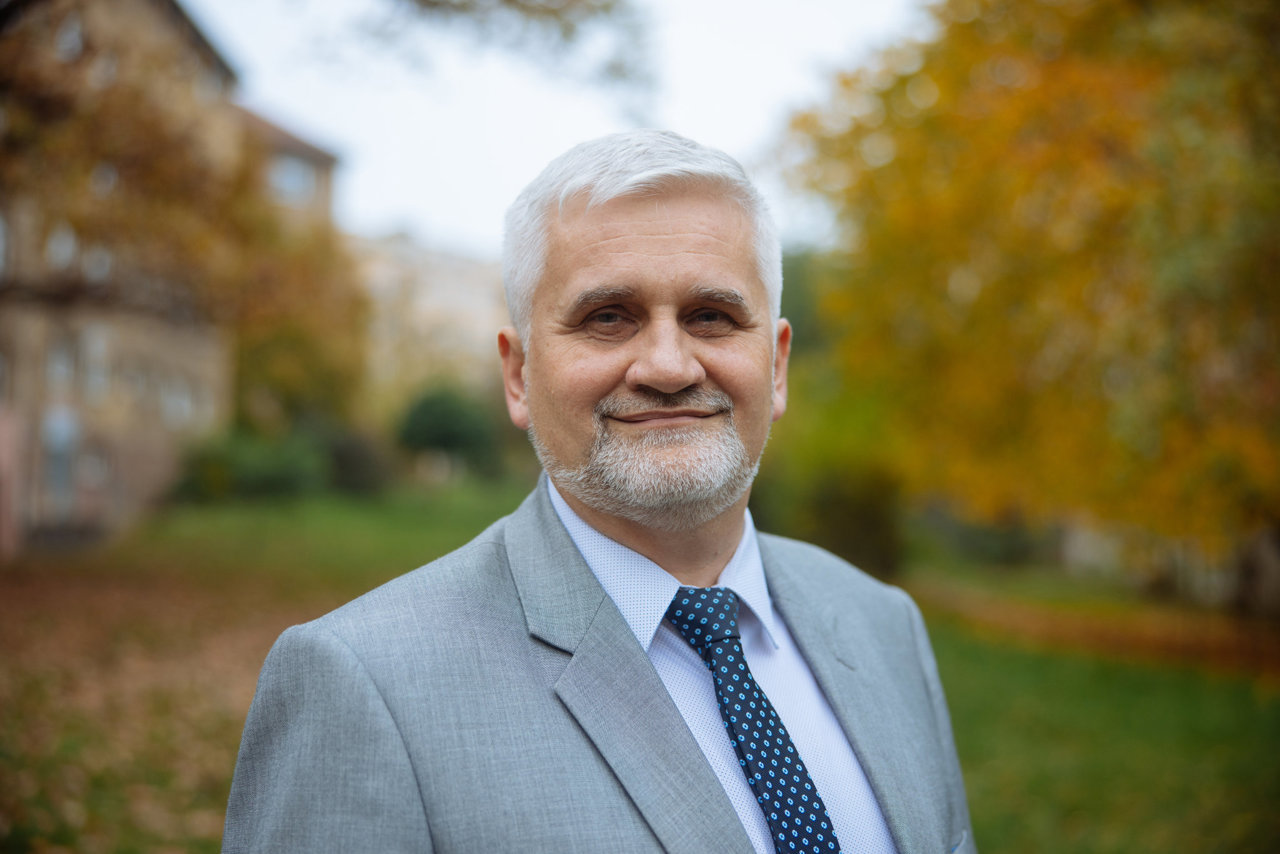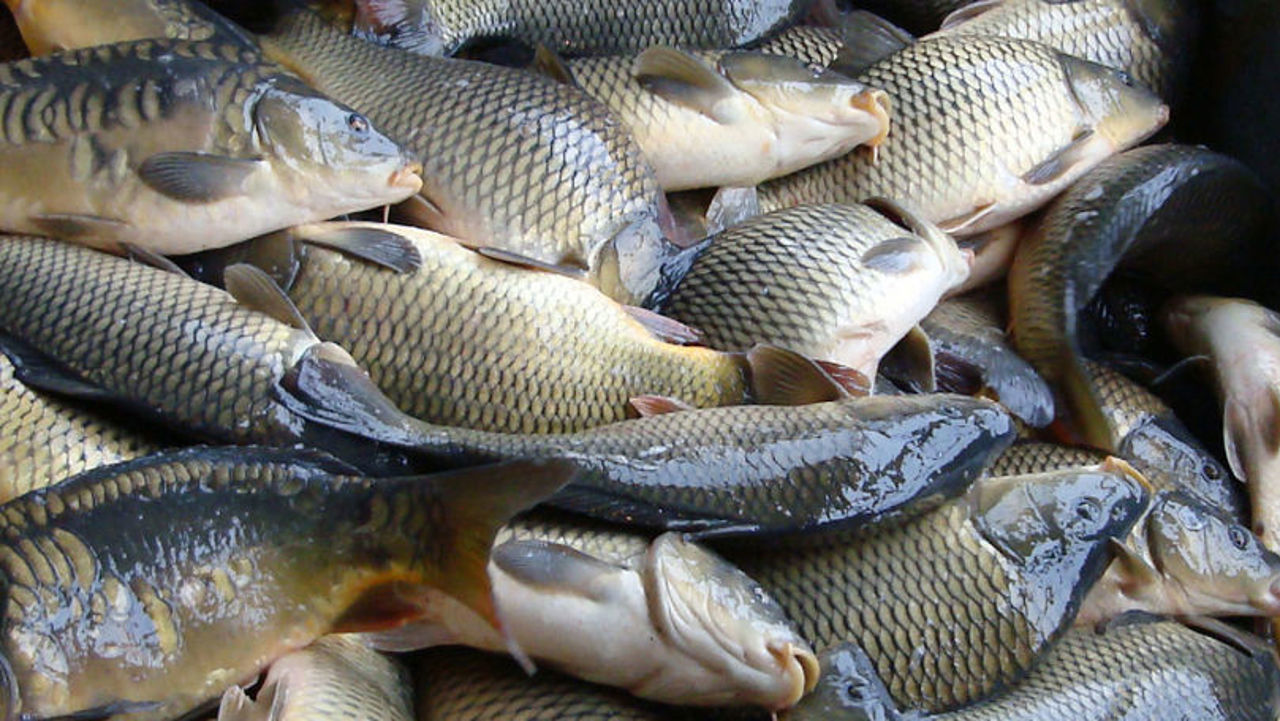Jan Dusik: EU allocates funds for the sustainable transition of the Republic of Moldova

The Republic of Moldova is in the process of joining the EU, and the harmonization of environmental legislation with community norms is an essential and complex chapter. The bilateral screening in the field, at the end of June, is a key moment for assessing progress in alignment with European standards. The topics were addressed by Deputy Director General for Innovation, Adaptation, Resilience and Cooperation within DG CLIMA of the European Commission, in the interview for "IN CONTEXT" show.
EU ACCESSION CHALLENGES: LEGISLATION AND CLIMATE CHANGE
It is a long process, and the assessment of the legislation in June is an essential first step. A crucial aspect is that the Republic of Moldova has set itself the target year 2030 – to complete all the necessary steps. The climate and environment chapter is a complex one, and the measures that need to be adopted are essential. It is important to strengthen the administrative capacity, and from a climate policy perspective, a key step is to set a carbon price and identify financing mechanisms for the decarbonization process. Also, the necessary legislation must be adopted and implemented.
EU RESOURCES FROM PRE-ACCESSION PROGRAMMES
The European Union is already providing significant resources from the pre-accession programmes. In addition, we have provided advisors to ministries to support the transition, including a high-level advisor in the Ministry of Environment. There are all kinds of measures to strengthen technical capacities and I think it is also important for businesses to talk to their EU counterparts and understand how they will have to prepare, what they need to do to become part of the European market. So, it is not only necessary for the government to prepare the legislation and have the administrative capacity for businesses to participate in the European market.
SOLUTIONS FOR CLEAN AND SUSTAINABLE ENERGY
Both the Republic of Moldova and the European Union have been dependent on imported fossil fuels, often from regions or countries that are not friendly to us. Russia's war of aggression against Ukraine highlighted how problematic this dependence on Russian fossil fuels is. We have seen how difficult this winter has been, and the solution is clear: we need to produce clean and sustainable energy locally. If a few years ago renewable energy represented only 3% of the energy mix, now it has reached 30% in the Republic of Moldova. This is impressive progress and, at the same time, the right direction to reduce energy dependence and costs. The price of energy is an essential factor.
CLIMATE CHANGE AND AGRICULTURAL REFORM IN MOLDOVA
We know that the Republic of Moldova is one of the countries most affected by climate change in Europe and the world. Reforming agricultural practices will be essential. We know that traditional methods of increasing irrigation will not help in the long term. It is about rethinking the way agriculture is managed, and collaborating closely with nature. We noted the ambitious afforestation program, which will help increase the share of forests in Moldova. Forest cover can also contribute to reducing the pressures caused by climate change. The entire reform of the functioning of the agricultural sector is a task of the Government.





